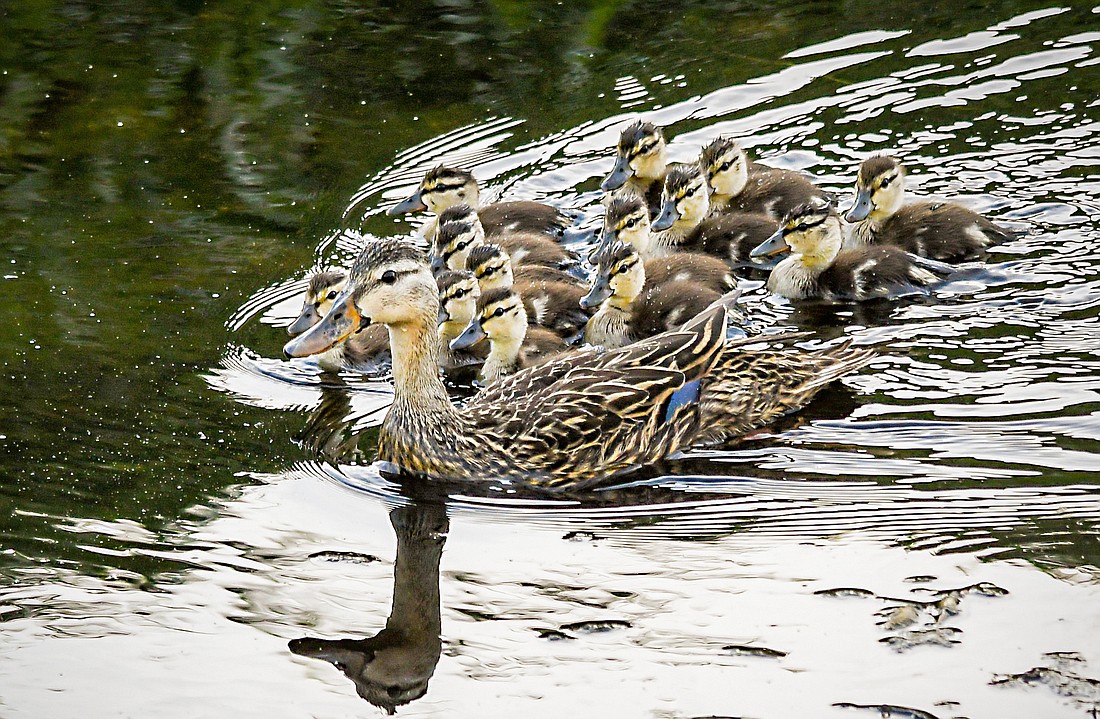- April 4, 2025
-
-
Loading

Loading

The mottled duck, also known as the Florida duck, is a non-migratory, close relative of the familiar green-headed mallard ducks often seen in city parks. Similar in appearance, the mottled duck can be distinguished by its brown head. It is endemic to Florida, meaning it is a unique subspecies found only in peninsular Florida, where it resides in both brackish and freshwater marshes. Importantly, the mottled duck is a defining member of the unique group of species characteristic of the Florida prairie ecosystem.
Rapid changes in Florida's landscape, as result of development and agricultural use, have resulted in the destruction and degradation of many natural areas upon which mottled ducks depend. With habitat loss, mottled ducks will move to developed areas, where they make use of urban and suburban wetlands, such retention ponds and drainage ditches. And here they encounter yet another threat to their existence: hybridization with feral mallards.
Wild mallards winter in Florida in scattered, small flocks, then leave for their northern breeding areas in the spring. They are therefore not present during the mottled duck breeding season. However, many captive-reared mallards, who don't migrate, are unlawfully released by humans in Florida. And escaped farm-raised mallards also contribute to this rapidly growing feral population. Feral mallards mate with mottled ducks, producing a growing number of hybrid offspring. Complete hybridization could result in the extinction of the Florida mottled duck.
To conserve our mottled ducks, protecting coastal and rural marsh habitats may also help to prevent increases in hybridization, by encouraging mottled ducks to avoid urban areas where mallards occur. And, by not feeding or sheltering existing feral mallards, we can avoid supporting them.
Save our Seabirds is a non-profit organization whose mission is to rescue and rehabilitate sick and injured birds, releasing as many as they can, while educating our community about avoiding injuries and preserving habitats.